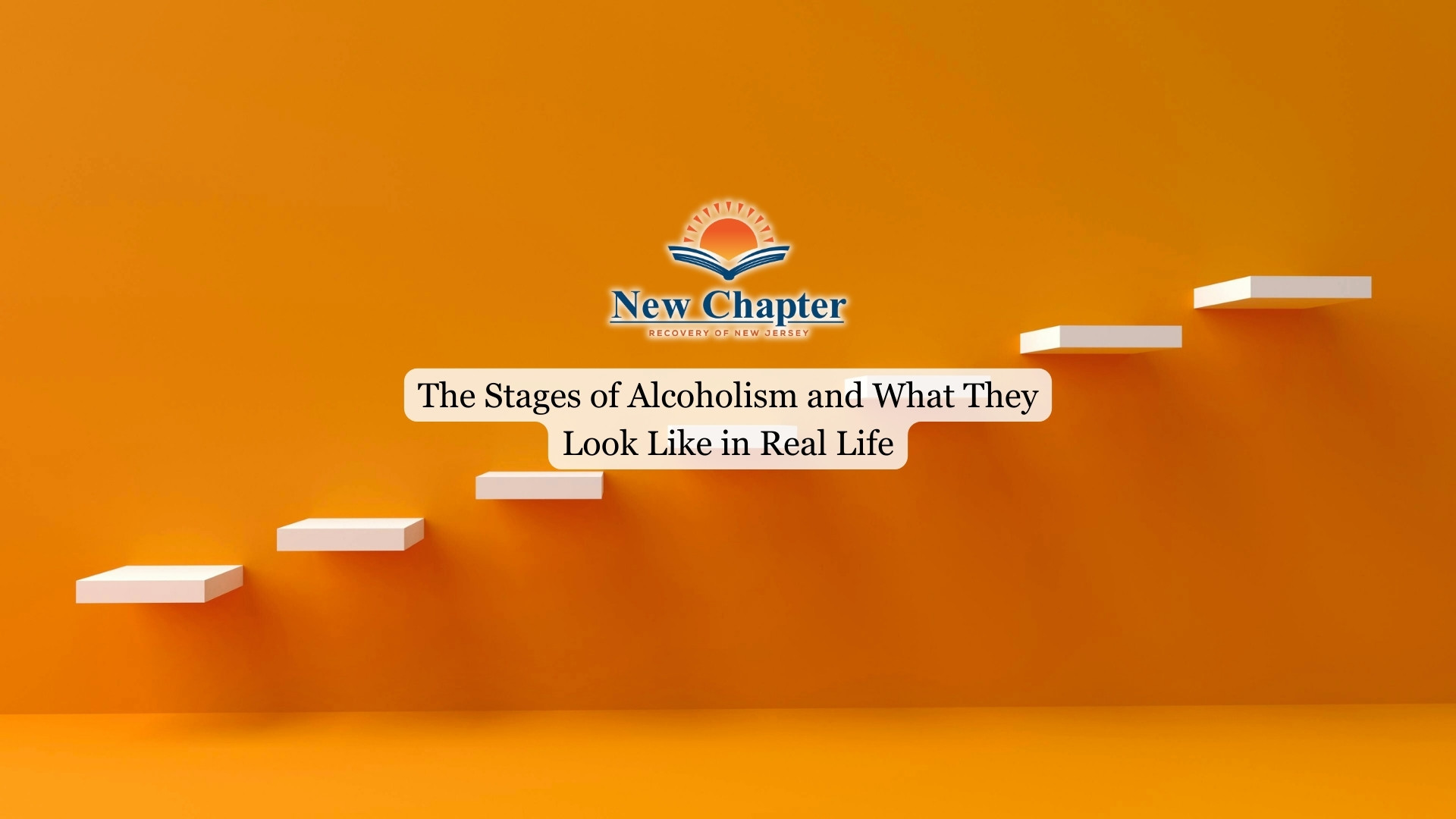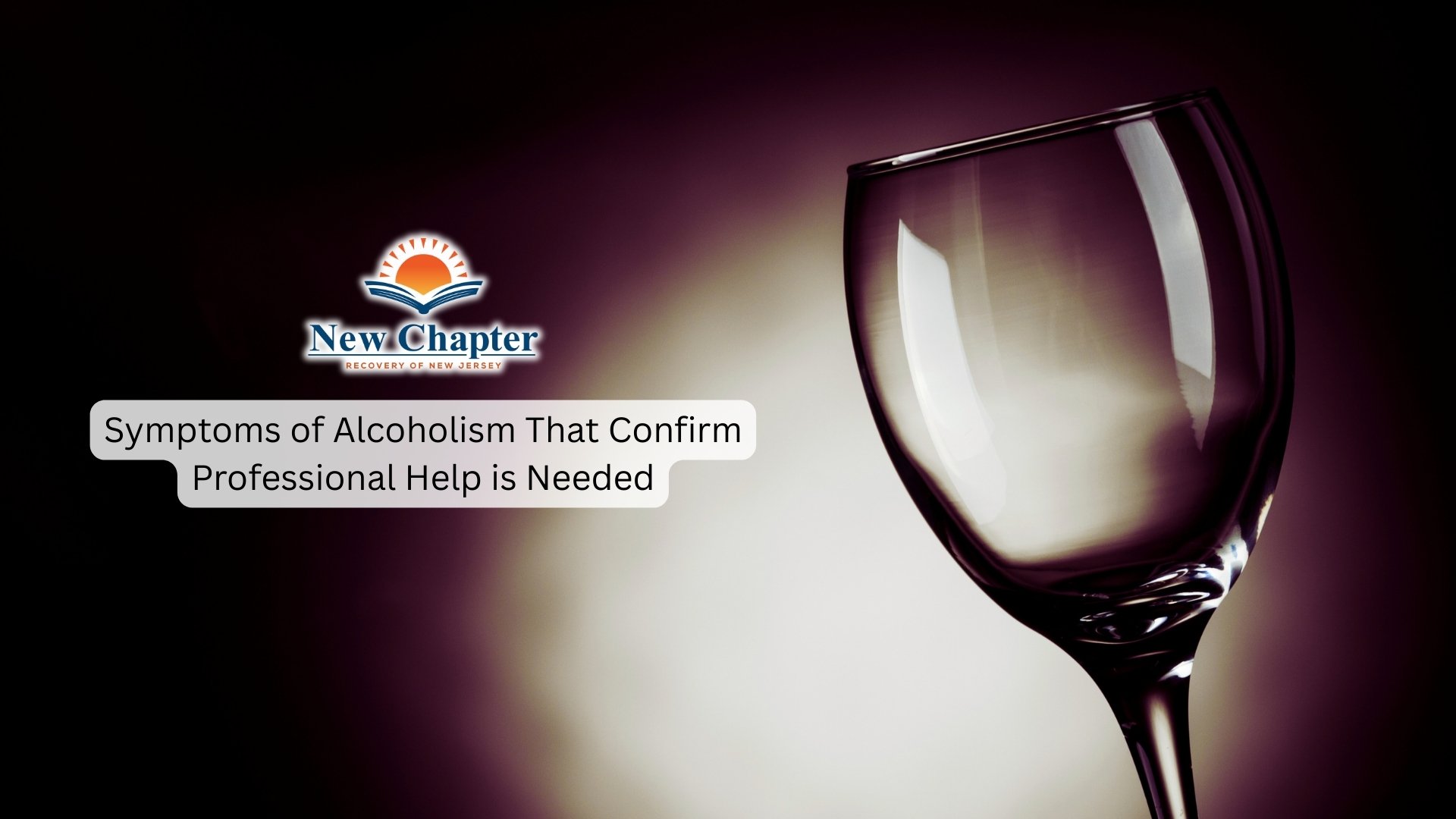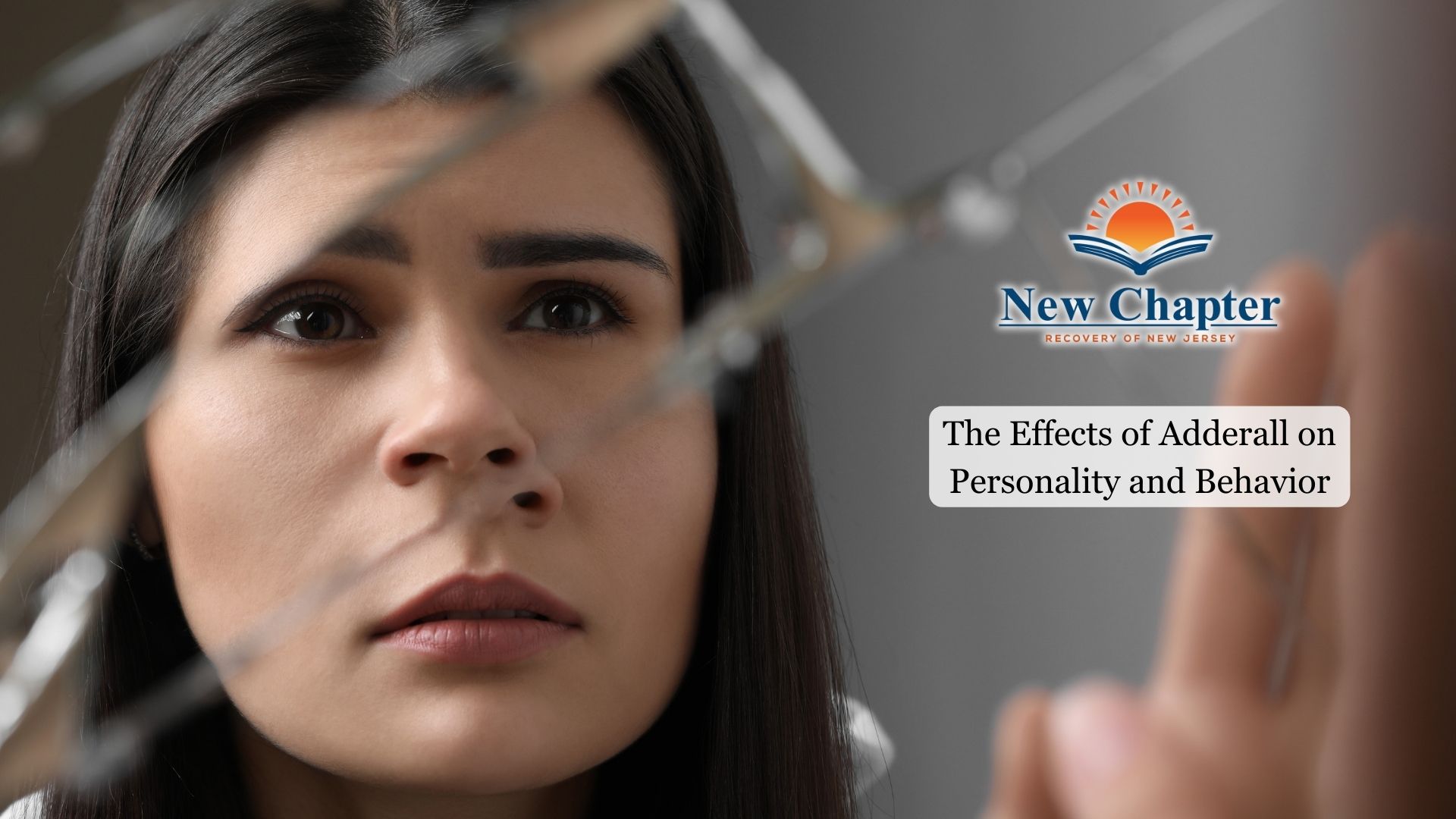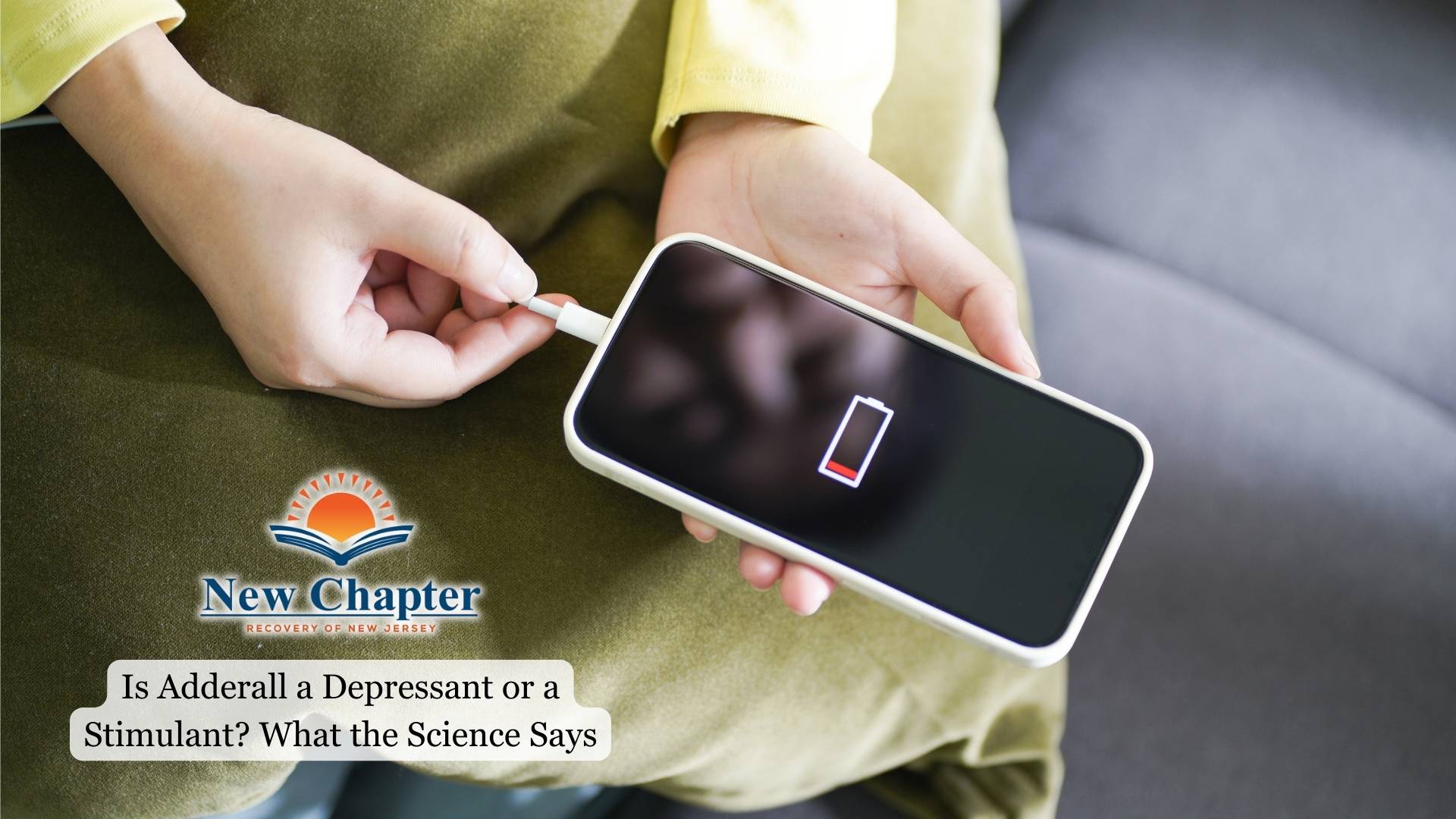If you’ve ever awakened after a night of drinking, feeling mentally sluggish, confused, and unable to concentrate, that means you’re experiencing the so-called “brain fog,” which can leave you struggling to navigate even the simplest tasks. While the occasional fuzzy morning may seem harmless, understanding the causes and solutions for alcohol-induced brain fog is essential for both your short-term recovery and long-term cognitive health.
This article will explore the various factors that contribute to post-drinking brain fog, including dehydration, disrupted sleep patterns, and alcohol’s direct impact on brain function

Causes of Alcohol-Related Brain Fog
Alcohol acts as a diuretic, leading to dehydration which causes brain fog symptoms, as your brain requires adequate hydration (about 73% water) to function optimally.
Alcohol also disrupts the balance of neurotransmitters in the brain, particularly affecting glutamate and GABA, which are essential for brain function and memory formation. The central nervous system depression caused by alcohol slows down cognitive processes, resulting in sluggish thinking and reduced mental clarity.
As alcohol also interferes with normal sleep patterns, leading to poor quality rest and subsequent cognitive impairment, it can also negatively impact the body’s absorption of essential nutrients needed for optimal brain health, contributing to nutrient depletion and brain fog. Alcohol’s impact on glucose metabolism in the brain affects energy production in neurons, further impairing cognitive function.
For heavy alcohol drinkers, withdrawal symptoms can exacerbate brain fog, and long-term alcohol abuse may lead to more persistent cognitive issues due to changes in brain structure and function.
If you’re experiencing alcohol withdrawal and you find it immensely hard to stop drinking, regardless of alcohol’s damaging effects, it’s a sign you should opt for help from a proper alcohol treatment center where you can start a journey towards lasting recovery and improved cognitive health.
Symptoms of Brain Fog After Drinking
Individuals experiencing this condition frequently report difficulties with concentration and focus, finding it challenging to complete tasks or follow conversations. Memory problems are common, including both short-term memory lapses and difficulties in recalling recent events or information.
Many describe a sense of mental sluggishness, where thinking processes feel slower than usual and decision-making becomes more laborious. People may find themselves easily distracted or struggling to maintain attention for extended periods.
Some individuals experience a feeling of mental overwhelm, where even simple tasks seem daunting. Emotional desensitization can occur, making it harder to process or respond to feelings appropriately. Many also report a sense of mental fatigue, feeling mentally exhausted even without engaging in cognitively demanding activities.
Factors Affecting Duration and Severity
The volume and frequency of alcohol consumption play a crucial role, with heavy drinkers being more likely to experience prolonged cognitive impairment. Individual differences in metabolism and genetic predispositions affect how efficiently the body processes and eliminates alcohol, impacting recovery time.
Dehydration, a common consequence of alcohol’s diuretic effects, can intensify and extend cognitive symptoms. The quality and quantity of sleep following alcohol consumption are significant, as alcohol disrupts normal sleep patterns, particularly REM sleep, which is essential for cognitive function.
The severity of alcohol use disorder (AUD) directly correlates with the presence and duration of brain fog, with chronic heavy drinkers potentially facing more persistent cognitive deficits. Age and overall health status also contribute to the brain’s ability to recover from alcohol-induced impairment.
The simultaneous use of other substances can exacerbate brain fog symptoms. For individuals with a history of heavy drinking, withdrawal symptoms can further complicate and prolong the experience of brain fog.
Impact on the Brain
Alcohol disrupts the delicate balance of neurotransmitters, particularly in the prefrontal cortex, which is responsible for decision-making, impulse control, and cognitive performance. This imbalance can result in reduced mental clarity, impaired judgment, and increased risk-taking behaviors.
Chronic alcohol use can cause brain damage to the hippocampus, a crucial brain region involved in memory formation and consolidation. This damage contributes to long-term cognitive decline and difficulties in retaining new information.
Since alcohol is a diuretic it can also lead to dehydration, further exacerbating brain fog by causing confusion, fatigue, and decreased alertness.
Fluctuating blood sugar levels due to alcohol intake can trigger hypoglycemia, which impairs cognitive functions and results in concentration difficulties and mental fogginess.
If you’re struggling with alcohol addiction, here are some tips for managing cravings and thus ceasing heavy alcohol consumption and thus preventing symptoms like alcoholic brain fog.

Recovery Timeline
Typically, you may experience cognitive difficulties for 8 to 24 hours post-consumption.
However, if you have alcohol use disorder (AUD), the brain fog may last longer due to persistent cognitive impairments.
Your recovery journey from alcohol-induced brain fog can take months to a year after sustained abstinence, depending on your overall health and history of alcohol use.
Withdrawal symptoms, including cognitive issues, can manifest within hours to days after quitting, emphasizing the need for professional support during this critical period.
Chronic alcohol use increases the risk of developing long-term cognitive problems, such as those seen in Wernicke-Korsakoff Syndrome, highlighting the importance of early intervention.
Prevention Strategies
Staying hydrated is crucial, so drink water alongside your alcoholic beverages to counteract dehydration.
Consuming food before and while drinking can slow alcohol absorption, helping maintain stable blood sugar levels and cognitive function. Limit your alcohol intake to one drink per day for women and two for men to decrease the risk of cognitive impairments associated with excessive consumption.
Engaging in regular physical activity and ensuring adequate sleep are essential for overall brain health and can mitigate alcohol’s effects on cognition.
Incorporating mindfulness and stress-reduction techniques into your routine can also enhance mental clarity and focus, making it easier to recover from drinking’s cognitive effects.
Final Thoughts from New Chapter Recovery
By selecting a rehab like New Chapter Recovery, individuals can access the tools and support necessary to combat alcohol-induced brain fog and other cognitive impairments. Our alcohol addiction treatment program in New Jersey offers personalized treatment plans that address not only the immediate effects of alcohol abuse but also the underlying factors contributing to addiction.






